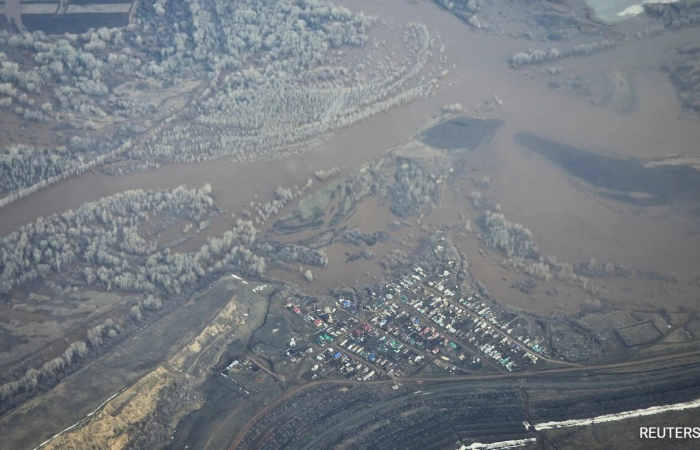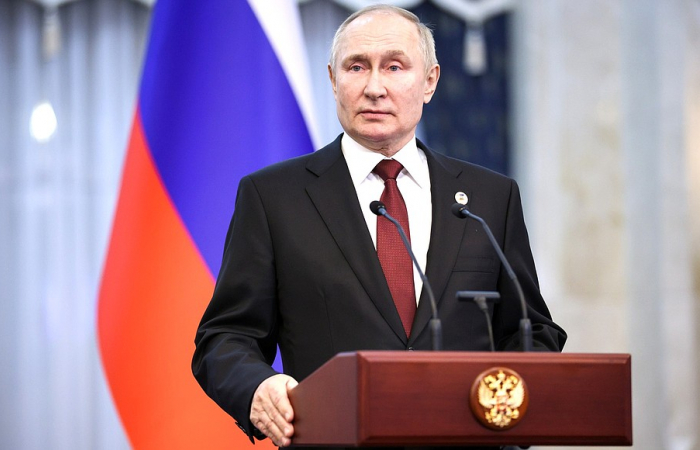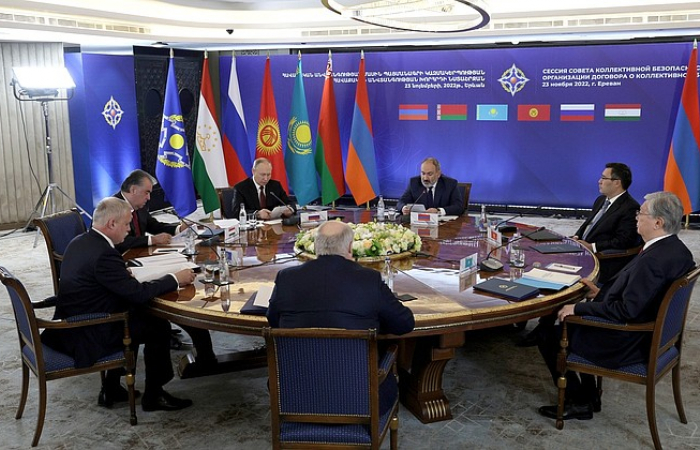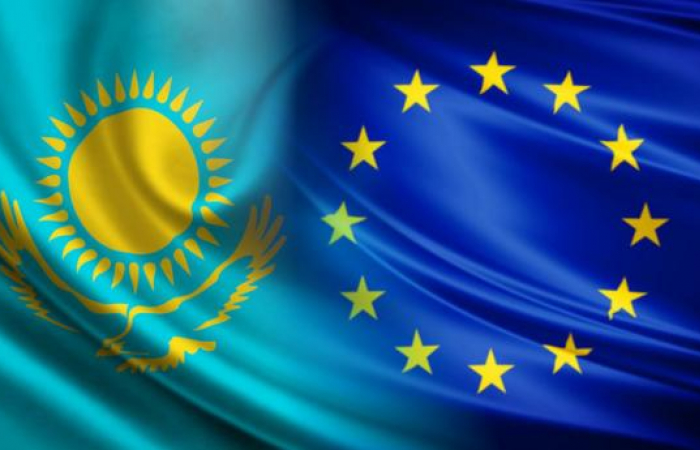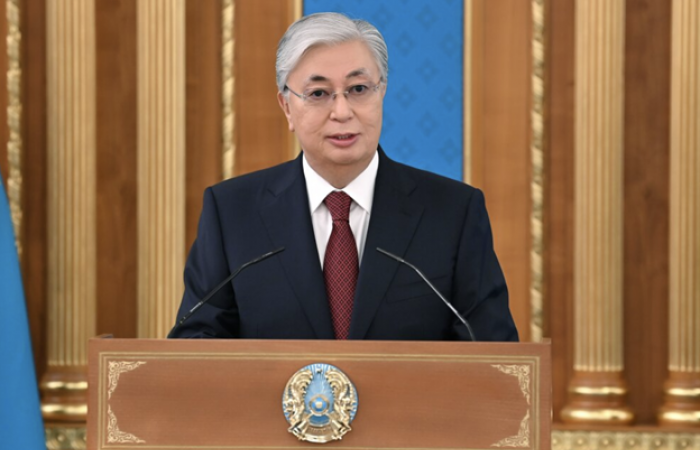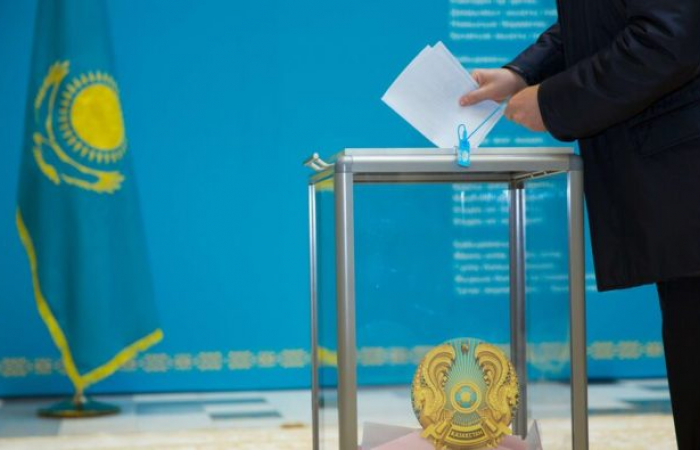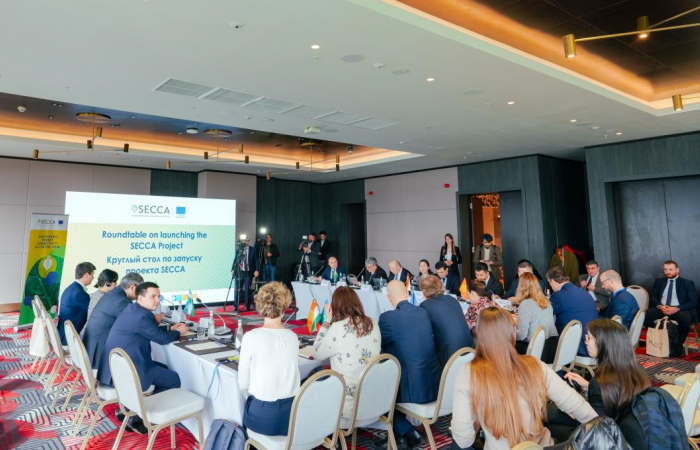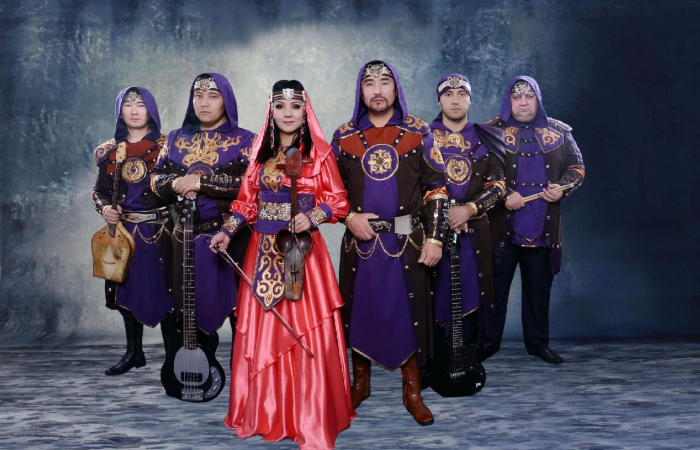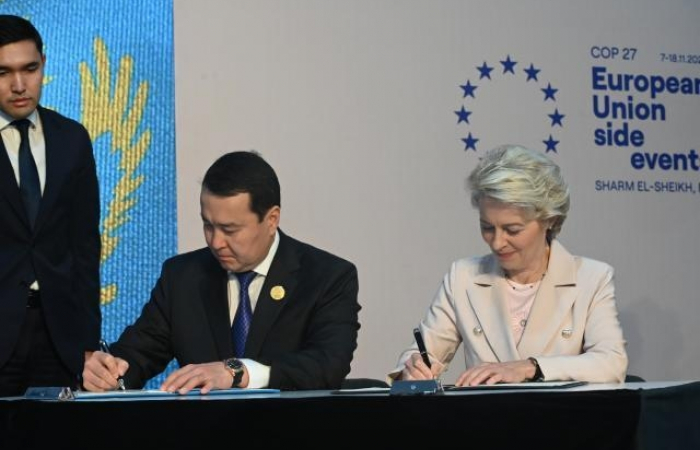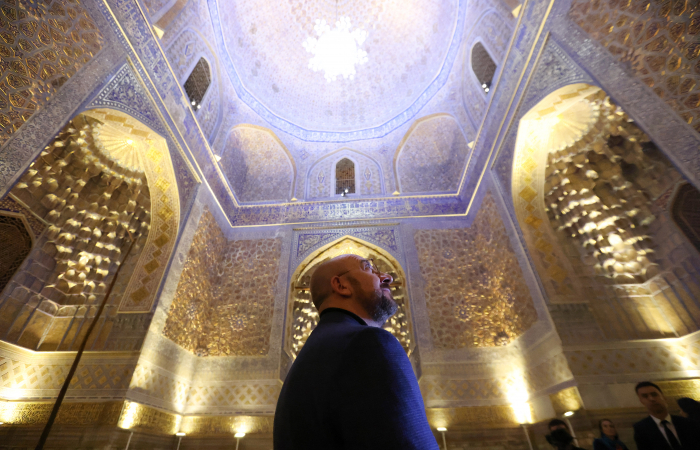Trending
Kazakhstan struggles to deal with massive flooding
16 April 2024
Kazakhstan has for nearly two weeks been grappling with the worst flooding in living memory after very large snow falls melted swiftly amid heavy rain over land already waterlogged before winter. Swathes of northern Kazakhstan were flooded again on Monday (15 April) as melt waters swelled the tributaries of the world's seventh longest river system, forcing more than 125,000 people to flee their homes. This is Kazakhstan's largest natural disaster in living memory.
Since the onset of the flooding, 111,194 people have been rescued and evacuated, with 39,222 of them being children, reported the Ministry of Emergency Situations on April 15. Speaking earlier Kazakh president Tokayev said “We must learn all the lessons from these massive floods. There are many, starting from the shortcomings in the organizational measures to prevent natural disasters, the shortage of skilled personnel in water management, and ending with our negligent attitude towards nature,” said Tokayev.
In an unprecedented move, seen as an admission of the seriousness of the flooding crisis, the Kazakh government this week cancelled the Astana International Forum (AIF) scheduled for June 13-14, 2024. The forum is a prestige national event for Kazakhstan that annually convenes world and business leaders to engage in dialogue on pressing issues and seek new opportunities for collaboration. In 2023, it gathered over 5,000 participants from more than 50 countries in Astana.



